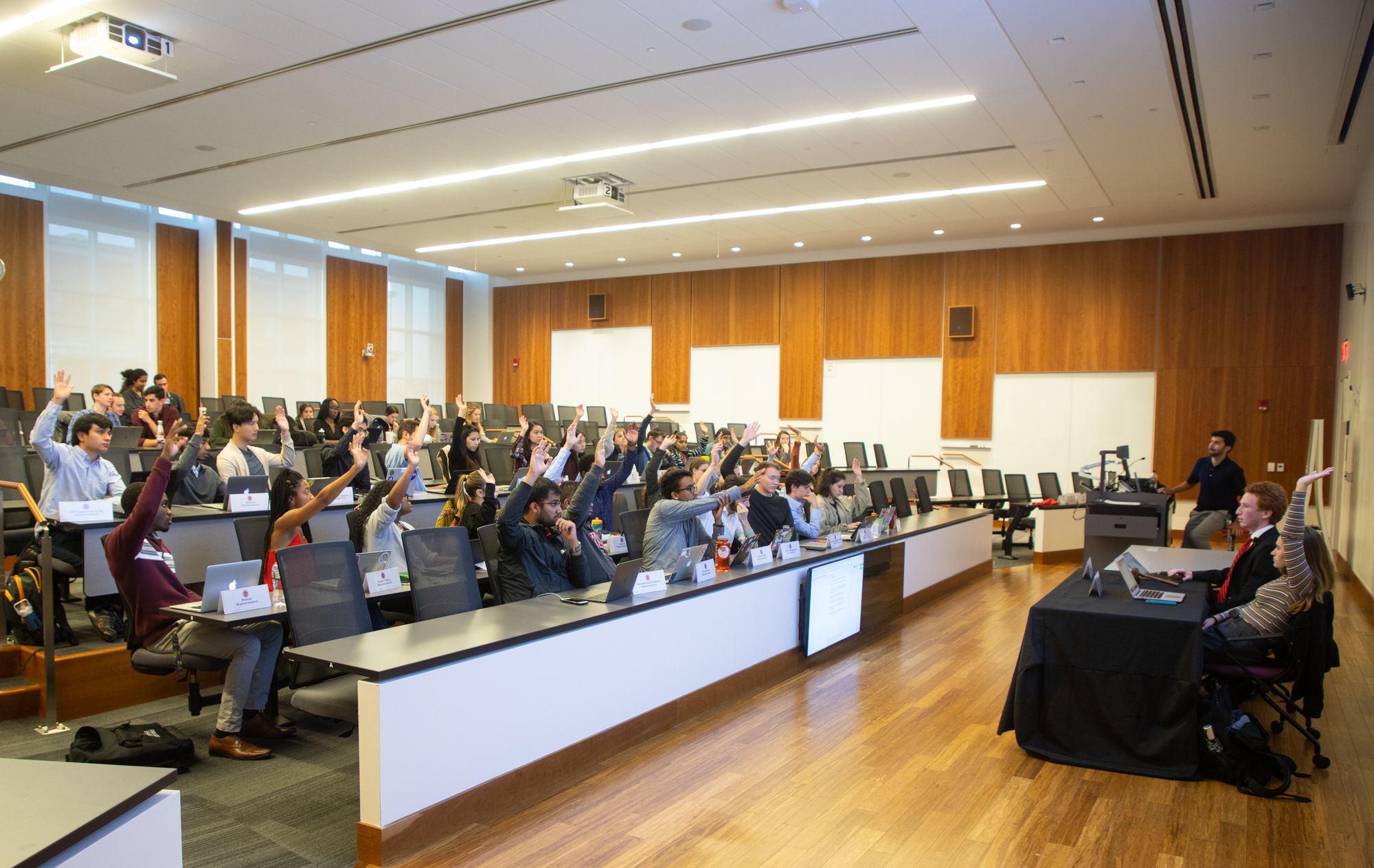The University of Maryland’s SGA unanimously passed a resolution Dec. 5 to establish cultural liaisons for religious, racial minority or other protected student groups.
The resolution — which stemmed from discontent the organization noted from student groups who didn’t feel heard by the association — passed unanimously.
Student Government Association president Jonathan Allen will appoint liaisons in the spring semester. SGA members will also consult the liaisons on a monthly basis and regarding “pressing issues of race, diversity, gender issues, religion, sexual orientation, and cultural competency.”
[Read more: The future of an SGA program to promote identity, discrimination discussions is uncertain]
Several groups’ frustration came to the fore in early November when a coalition of 24 student groups came together for the “Fire the Liars” rally.
The coalition’s protest, which called for new leadership in the university’s administration, contrasted with the SGA-led “Justice for Jordan” rally held the previous week, where legislators handed out football tickets and pushed for attendees to show their support for student-athletes.
“I think it really showed that we’re not doing our constituent outreach to cultural groups — and to many of the groups that co-sponsored ‘Fire the Liars,’ — well,” said Serena Saunders, who sponsored the bill. “We can’t expect them to come to us, but we should be having that cultural dialogue.”
This specific bill has planned since “Fire the Liars,” but the concept has been in the works since the beginning of September, Saunders added.
[Read more: For the first time, UMD’s SGA will have black and women’s caucuses]
It was the last to be debated at the SGA’s final meeting of the semester, and Allen initially recommended tabling it because of time constraints.
“It’s essentially a resolution urging me to do something that I’ve agreed to do. I think that’s a bit extra — that’s just my viewpoint,” said Allen, a senior government and politics major. “I don’t think we need to pass bills for PR purposes. You may do as you please, I will appoint them regardless of if this bill passes or not.”
The bill’s sponsors and co-sponsored bristled at the mention of public relations.
“As a student, the notion that this is a ‘PR thing’ is not at all the case,” co-sponsor Senam Okpattah said. “I just think it’s really important to consider the kind of rhetoric and dialogue that’s used in discussing these sort of topics.”
Saunders agreed.
“Reaching out to student groups is not a PR thing,” Saunders later said. “It’s our job.”
Allen later apologized for his comments.
Before creating liaison positions to represent specific organizations, the body would send an email to the student groups before the spring semester’s first legislative session to ask the groups if they wanted a liaison, and to ensure the groups were active.
Representatives from some of the groups the SGA plans to reach out to were put off by the legislation because the group didn’t reach out to them initially.
“Overall, I agree with the idea, but it would’ve been good to ask students how they felt,” said Blanca Arriola Palma, the president of Political Latinxs United for Movement and Action in Society. “You’re making bills about how to talk to us, but you’re not asking us.”
Though Arriola Palma thought the bill was well-intentioned, she added students often feel distant from the SGA’s actions.
“There’s a lot of disconnect both ways,” the senior government and politics major said. “I think that SGA a lot of the times [isn’t] aware of the students’ perspectives, and students don’t know what SGA’s doing.”
While Students for Justice in Palestine outreach chair Ayesha Amsa agreed it was “not a bad first step,” she also took issue with the bill’s sponsors not reaching out to her group first. The sophomore public policy major said in not doing so, the body made the same mistake twice.
“That just tends to be the way SGA functions,” Amsa said. “That’s not really something that they really think about — having peoples’ voices in the room, which is the reason so many groups have issues or tensions with SGA.”
Saunders said they reached out to MaryPIRG, which the SGA works closely with, but hadn’t spoken with any of the other groups about the proposed positions.
“It’s honestly a failure on my part. I didn’t do enough to proactively reach out to these groups,” Saunders said. “It was literally an oversight because of time.”



